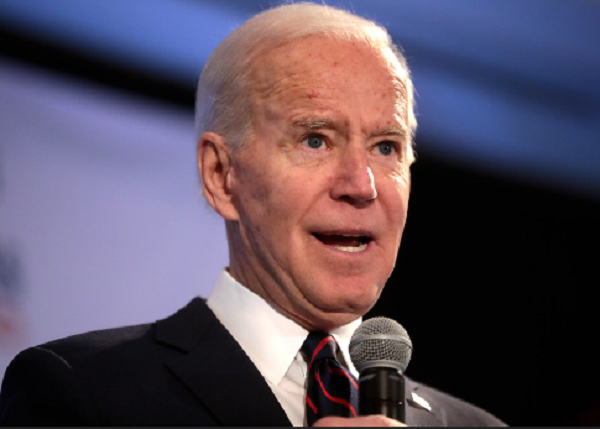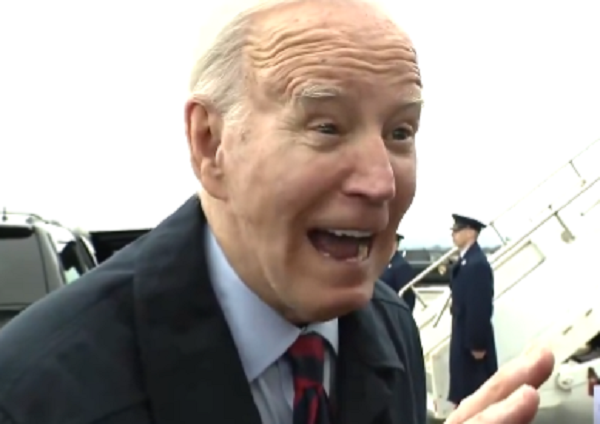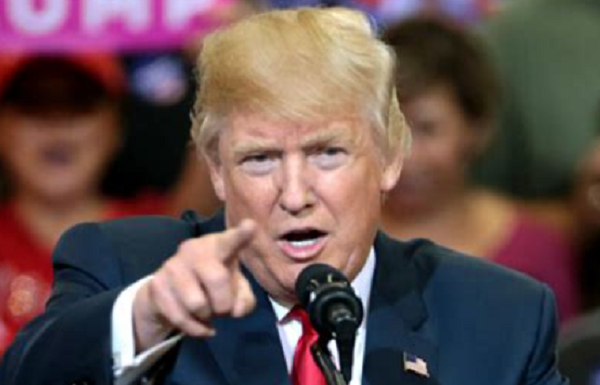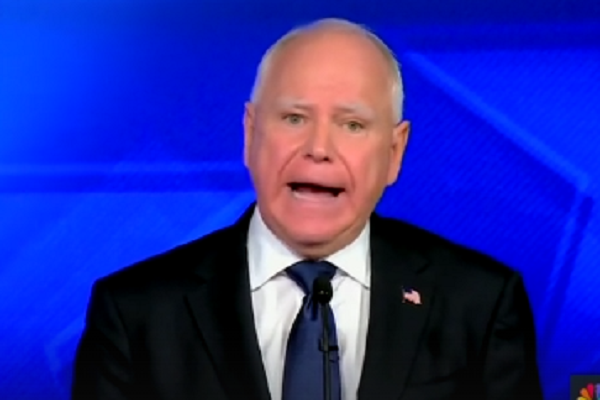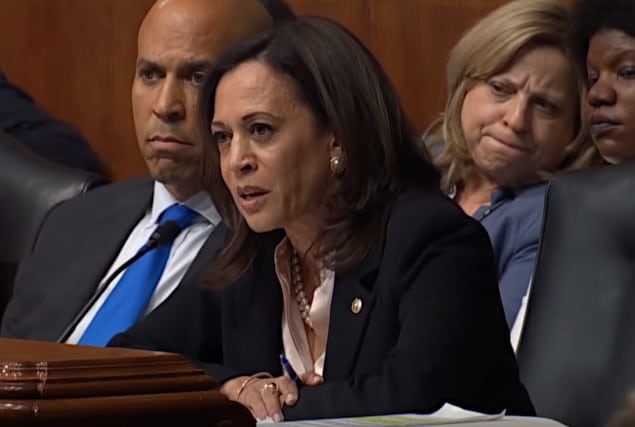Former United States Border Patrol Chief Rodney Scott has criticized President Joe Biden and accused the White House of retaliating against him for raising concerns about national security in relation to the illegal migrant crisis. In a comprehensive critique, Scott condemned the Biden administration for what he perceives as a significant mishandling of border security policies.
Scott asserts that his warning about Biden’s open border policies resulted in his “early retirement,” as reported by Fox News. Scott maintains that his forced early retirement was a direct consequence of providing critical feedback on border security, indicating a deep divide in administration policies. The former head of the United States Border Patrol has publicly expressed his dissatisfaction with the current administration’s approach to managing the U.S. border.
Scott alleges that his departure was not voluntary but rather a direct outcome of his outspoken criticisms regarding the operational strategies at the border. According to Scott, a meeting between President Biden, current Border Patrol Chief Jason Owens, and RGV Sector Chief Gloria Chavez was merely a staged “photo-op” in Brownsville, Texas. He suggests that such events are orchestrated for media consumption rather than addressing the actual issues at hand.
Scott further accuses the Biden administration of undermining border security by reversing 94 executive actions that were previously implemented during the Trump era. He claims that these reversals have effectively dismantled the framework for a secure border, disregarding the advice and feedback from experienced Border Patrol personnel.
Scott’s critique raises concerns about the potential consequences faced by Border Patrol agents who speak out against the administration’s policies. He uses his own experience as a cautionary example, highlighting how his feedback led to reassignment and eventual retirement. Additionally, he emphasizes the role of the Mexican government in managing the migrant crisis and suggests that political considerations may influence their actions.
Scott advocates for empowering Border Patrol agents to take necessary actions, rather than relying on Mexico for border security. He also criticizes the administration’s dependence on foreign entities for domestic security matters and questions the political motivations behind presidential visits to specific border locations. Furthermore, he expresses reservations about Senate legislation that proposes additional funding for NGOs involved in migrant support, fearing it may worsen the crisis.
Trump is echoing the dissatisfaction with the Biden administration’s handling of border security. The chief of the agency’s union shares this sentiment, especially in response to Biden’s visit to Brownsville. Fox News has attempted to obtain comments from both the White House and U.S. Customs & Border Protection regarding Scott’s allegations, but their efforts have been met with silence. This raises questions about the administration’s stance or planned response to such significant criticisms.
Scott, in his final remarks, is straightforward in his argument that the Biden administration has not only disregarded the advice of border security experts but has also put the safety and integrity of the nation’s borders at risk through its policies. Ultimately, Scott’s allegations depict a Biden administration that is in conflict with its own Border Patrol experts, prioritizing political appearances over substantial policy changes. Scott’s forced retirement highlights the potential consequences for those within the agency who dare to criticize or deviate from the official position.
According to Scott, the reliance on Mexico for border security, the political motivations behind presidential visits, and the legislative proposals for NGO funding all contribute to a less secure border. As the debate on border security persists, the lack of a response from the Biden administration to these criticisms leaves many questions unanswered.

